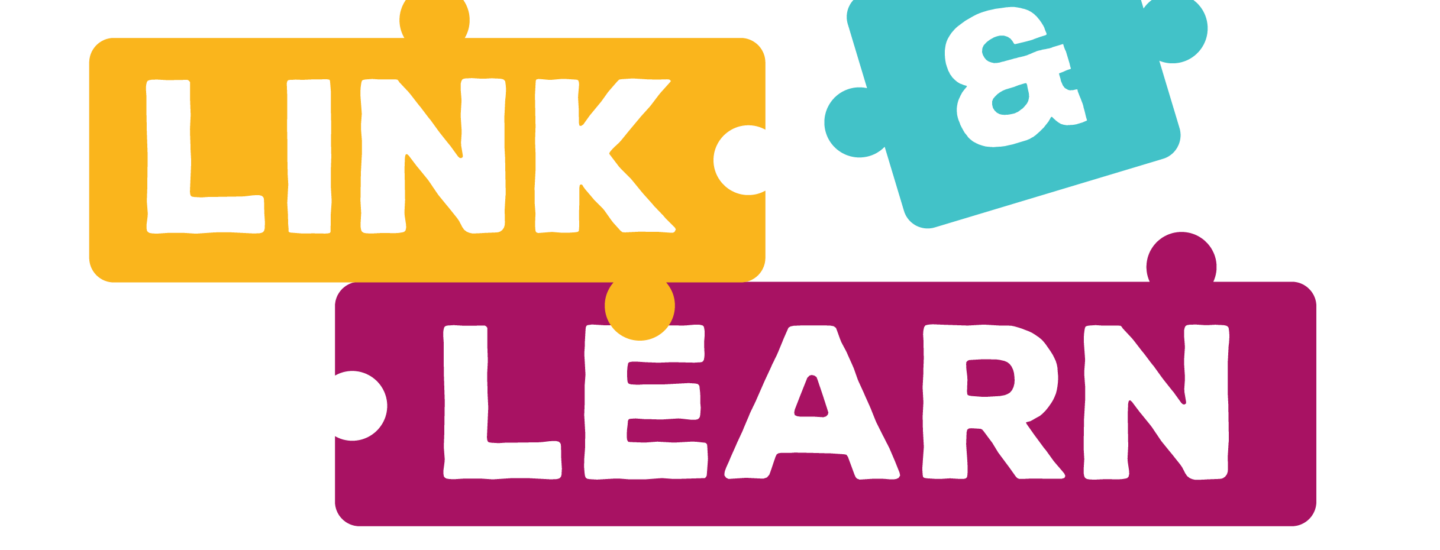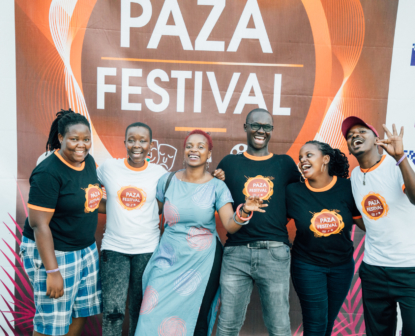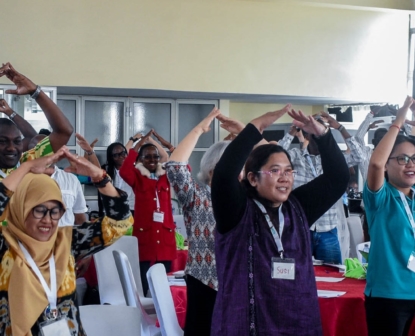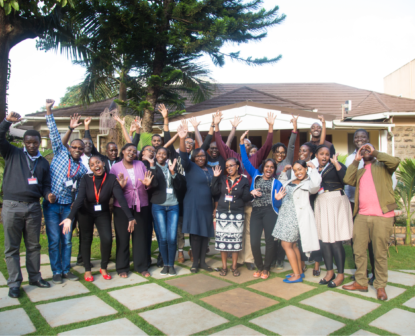Project
Connecting Voice(s) in Kenya & Tanzania
-
Amount Funded
383,781 EUROProject Duration
01 Jan 2018 - 31 Dec 2019 -
-
Lead organisation
-
The Busara Center for Behavioral Economics is a non-profit organisation founded in 2012 by Professor Johannes Haushofer (Princeton University) and operating under the leadership of Dr. JeremyShapiro. Busara has worked with a number of leading universities and research organisations around the world, including the World Bank, IFPRI, MIT, Harvard, UC Berkeley, among others, on projects related to rural development, inequality, civic engagement, financial inclusion and other questions central to development economics.
The Busara Center for Behavioral Economics works together with LightBox Africa Limited and the Advocacy Accelerator.-
Organisation
The Busara Center for Behavioral Economics is a non-profit organisation founded in 2012 by Professor Johannes Haushofer (Princeton University) and operating under the leadership of Dr. JeremyShapiro. Busara has worked with a number of leading universities and research organisations around the world, including the World Bank, IFPRI, MIT, Harvard, UC Berkeley, among others, on projects related to rural development, inequality, civic engagement, financial inclusion and other questions central to development economics.
The Busara Center for Behavioral Economics works together with LightBox Africa Limited and the Advocacy Accelerator. -
Project
The consortium of LightBox Limited (LightBox), Busara Center for Behavioral Economics (Busara), and the Advocacy Accelerator (the Accelerator) works together to help form communities of stakeholders and communities of practice who will learn from one another in a mutual, locally owned and sustainable process. The consortium will enable this through storytelling and communication, research and use of evidence in advocacy and development of the linking and learning platform to allow efficient knowledge sharing and linking of partners while at the same time being highly responsive as a resource that supports peer-to-peer learning and addresses the areas of improvement support that will have been identified through the stakeholder mapping.
-
-
The consortium of LightBox Limited (LightBox), Busara Center for Behavioral Economics (Busara), and the Advocacy Accelerator (the Accelerator) works together to help form communities of stakeholders and communities of practice who will learn from one another in a mutual, locally owned and sustainable process. The consortium will enable this through storytelling and communication, research and use of evidence in advocacy and development of the linking and learning platform to allow efficient knowledge sharing and linking of partners while at the same time being highly responsive as a resource that supports peer-to-peer learning and addresses the areas of improvement support that will have been identified through the stakeholder mapping.
-
Cross learning between grantee partners for knowledge and skills transfer
This project worked together to help form communities of stakeholders and communities of practice who will learn from one another in a mutual, locally owned and sustainable process. This was to be achieved through storytelling and communication, research and use of evidence in advocacy and development of the linking and learning platform to allow efficient knowledge sharing and linking of partners. At the same time, the platform will be highly responsive as a resource that supports peer-to-peer learning and addresses the areas of improvement support that will have been identified through the stakeholder mapping. As the initial facilitators of Linking and Learning in Kenya and Tanzania, one of the main results was the development of the Voice platform that was used to facilitate inter-country linking and learning. This platform brought together grantees from all thematic groups across Kenya and Tanzania to engage on topics of interest by linking and learning on the platform.
Advocacy Accelerator initiated the development of the platform using insights from research results conducted by Busara. This round of data collection was motivated by the need to understand the different needs and platform design features that would appeal to the various grantee partners groups. Once the first prototype of the Voice platform was developed, there was an immediate need to test the various platform features with its users. To achieve this, Advocacy Accelerator established an advisory group comprising a sub-set of grantees from some of the thematic groups from both Kenya and Tanzania.
“I’m grateful that I am part of the Kenya Voice grantee network as it gave me an opportunity to apply and be sponsored for the Monitoring & Evaluation Advocacy Training that focused on Designing Theory of Change for Advocacy and Capacity Building Programmes” –Felix Lekurchalan, Project Officer, Network Empowering Samburu Transformation (NEST).
The linking and learning facilitators also created WhatsApp groups for Kenya and Tanzania. While Advocacy Accelerator worked to update the Voice platform following the feedback from the Advisory group and platform review prototype session, there was an increasing need to have a medium of communication (following low communication at the 2019 Indaba) and linking and learning for the multiple grantee clusters in Kenya and Tanzania. WhatsApp emerged as the most viable option since it is easy to use, secure and most grantees were already using the platform. Over time, the WhatsApp groups have been embraced as a key communication tool to share project information, updates on new content on the platform as well as discussions on social issues.
One of the key takeaways from this facilitative process was understanding the grantees perception and preferences. We came to realise that grantees prefer linking and learning sessions that are thematically organised around their focus areas. While the learning sessions previously conducted attracted participation from grantees in all thematic groups, the grantees feel that the knowledge exchange can be highly leveraged when the organisation of the learning sessions is based on their thematic groups. This will enable them to adequately address their learning needs, enhance peer linking and increase their ability to conduct more target group led advocacy.
The culmination of this work was the Paza Festival bringing together grantees from both Kenya and Tanzania under the theme, “A Socially Acceptable World”, to have the public engage with the themes. The festival was organised by LBx Africa.
The project faced start up challenges due to issues with systematic technique of on-boarding grantee partners clusters, challenges with running the link and learn activities for gender and sexual minorities in Tanzania and of course the global disruption by COVID 19.
-
News






